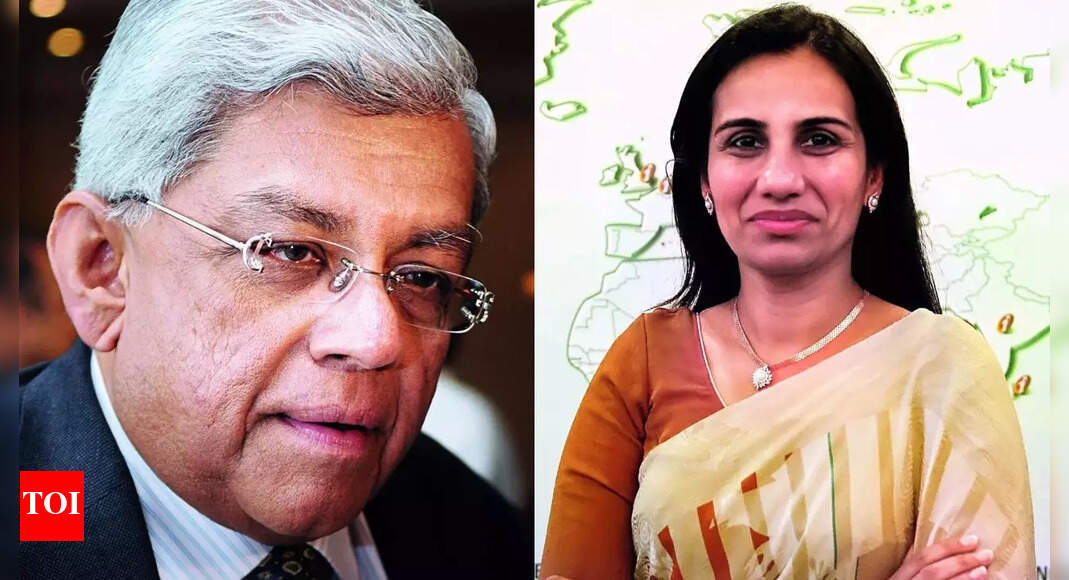No one can deny the role of money in our lives, or that we need it to survive, but how far does this role extend? How important is money to live a fulfilling life? One of my friends quoted research establishing how life expectancy, malnutrition, infant mortality, and similar conditions, are associated with poverty. If there is not enough money to provide for basic survival, misery ensues, he argued. This fundamental point is well understood. However, the dilemma is, how much is enough?
At what point are we able to say that money is not important to us? This question has vexed researchers, who are unable to frame this into a testable hypothesis. Nobel Prize winners Daniel Kahneman and Angus Deaton asked a simpler question in their 2010 research: Does money buy happiness? They found that up to a point—about $75,000 then, perhaps $1,20,000 today—money and happiness seem closely and linearly associated.
How much is enough?
People care about having enough to cover their basic needs and some flexibility to spend, and are unhappy when money is a constraint in doing so. Beyond this limit that covers a little more than survival, it becomes difficult to establish that more money brings more happiness. Some people with just enough were quite happy; some people with so much more were unhappy. We can confidently say that not having enough makes one unhappy, but the corollary is not true.
How much is enough is a tough question to answer even if research might indicate a ballpark figure. Our need and greed for money is not driven by survival, but by social approval and acceptance. Whether we have enough is never an absolute estimate, argued another friend. A glimpse into the life and choices of the better-off other is enough to make one feel lesser. The emotions are varied, but all invariably negative, jealousy being the most common one. We redefine what we must have, or do, or choose based on the social markers around us. We are pulled into keeping up with the Joshis and dealing with the problems of comparative wealth.
My argument was that we must define our relationship with money based on our own ability to be self-aware. Social cues may be present, but we may be able to understand whether we feel secure, less anxious, willing to give and share, be kind to ourselves and others, and know in our minds what our relationship with money is, on our own. There is no generalising how much is enough. With our own experiences, we shape our attitude towards money. We may be influenced by the world around us, but how we react to those cues determines how we will view money.
Demonising wealth & wealthy
Research shows that the poor are more willing to give and share because of their implicit dependence for their well-being and happiness on the community around them. Wealth tends to isolate people and seek space, privacy and exclusivity. The association of virtue with poverty tends to arise from the forced resilience and discipline that not having enough imposes, said one friend. However, this romanticism around behaviours of those with lesser money may also be misplaced, argued another. People may just be coping.
It is very common to hear people say that money is not important. This statement seldom comes from the rich, noted one friend. This is a position of coping and denial when one does not have enough, he argued. There may be a moralistic undertone to telling people that their suffering somehow makes them heroes, so it becomes bearable. Calling money the demon, ostracising and criticising the rich as exploitative and manipulative might also be part of coping.
One of the other friends came down very strongly on the rich. A life that is focused on money alone is so miserable. Every act of the rich focuses on money, excluding all else. Moneyed people can be punishingly cruel and stingy, he argued. Those who chase money tend to be mean, oblivious to the joys and beauty of the world, unkind and non-empathetic to fellow human beings, and unwilling to give or spend where it matters to themselves or their near and dear ones. Those who inherit money are worse; they have not worked hard to get what they have received. They are thus entitled and insensitive, he argued.
I jumped in to say that how inheritors behave with money is again tough to generalise. Research shows a whole range of behaviours and responses. From extreme kindness and charity to complete suspicion and cunning, research shows that inheritors can treat their wealth in completely different ways. The imposter syndrome is quite well-documented, where some of the wealthy inheritors believe that they don’t own or deserve what they have. The human mind is complex.
Your money, their advice
We always know what the other must do— to earn, to spend, to save, and to give. This observation lightened the evening immediately. The rich believe that the poor did not work hard enough to get out of poverty; the poor believe that the rich hold money that belongs to everyone else. We tell people that they must not borrow, or acquire objects and assets. We ask people to not hoard. We demand that they earn better. We dislike the rich flaunting their wealth and ask them to indulge in charity instead.
As all of us drove out for coffee, we knew that the luxury of holidaying, renting a large place and a car were all funded by money. The joy of friendly bonding, speaking our minds without the fear of being judged, and being vulnerable is something money can’t buy.
The author is CHAIRPERSON, CENTRE FOR INVESTMENT EDUCATION AND LEARNING




